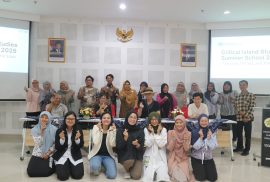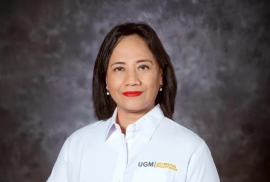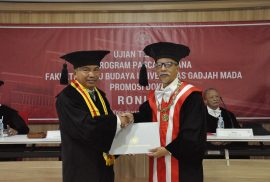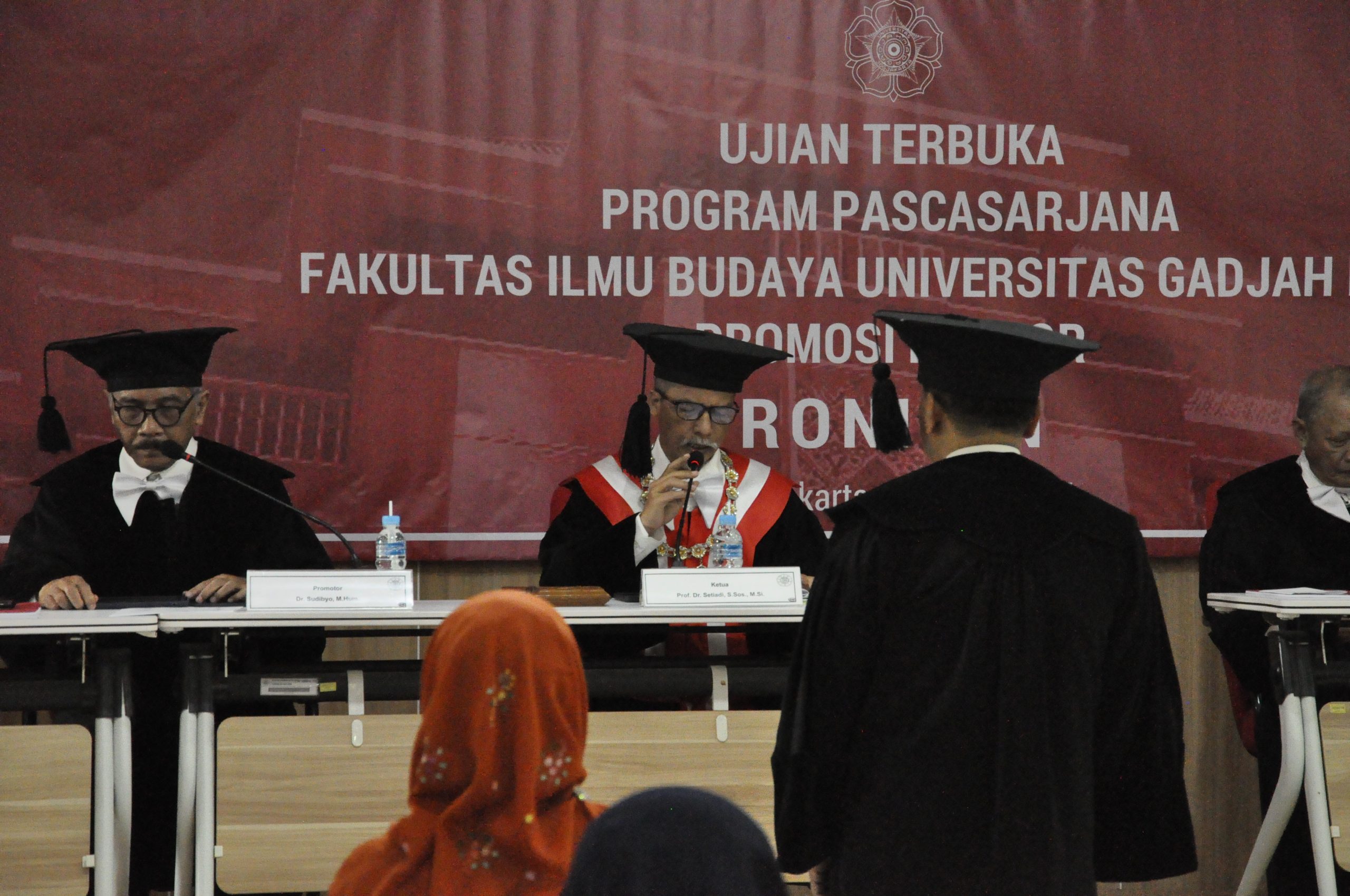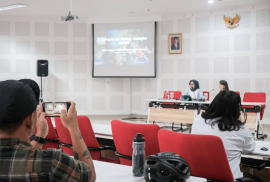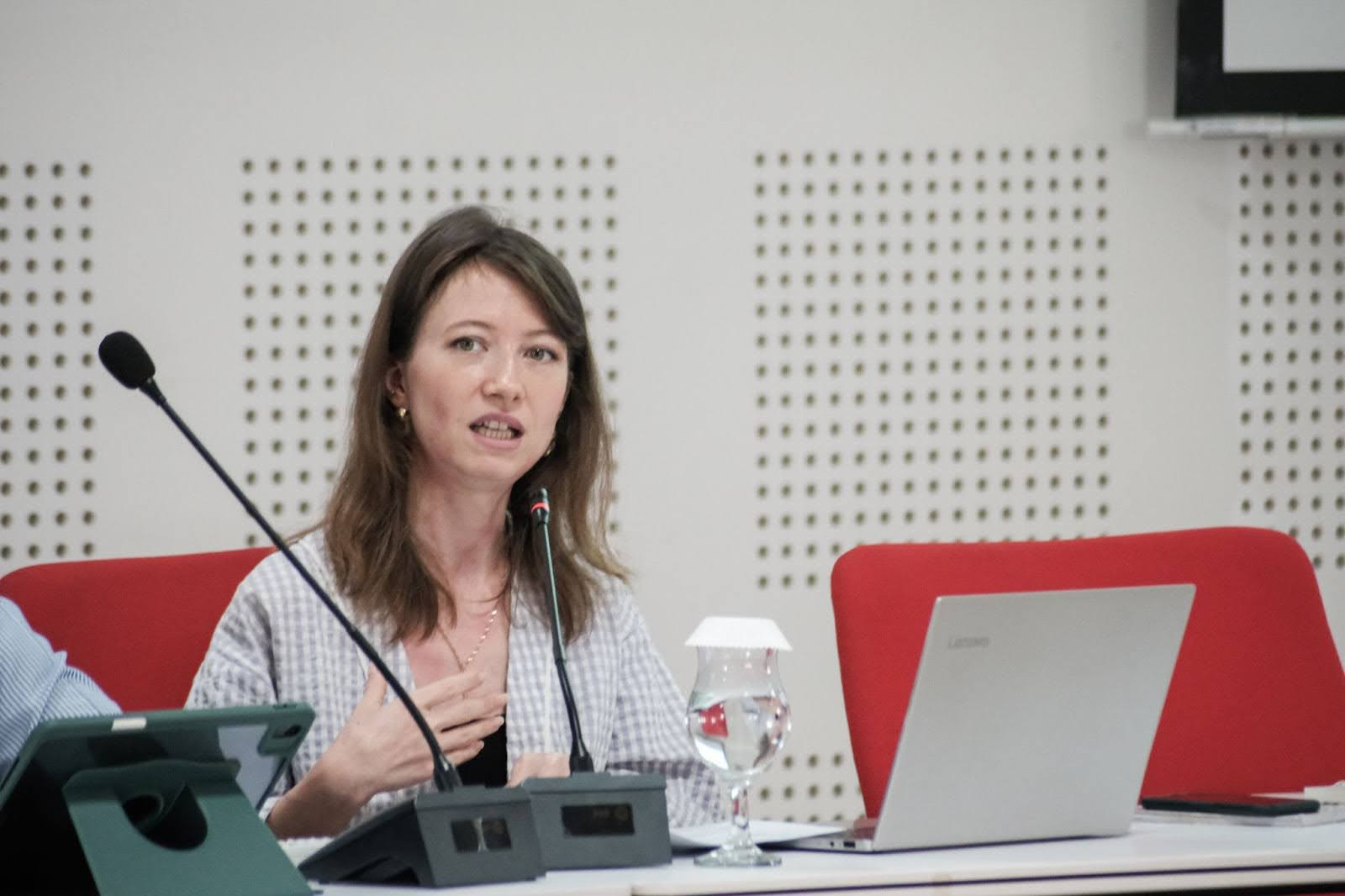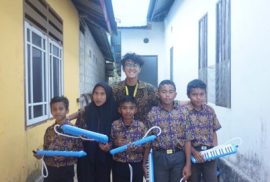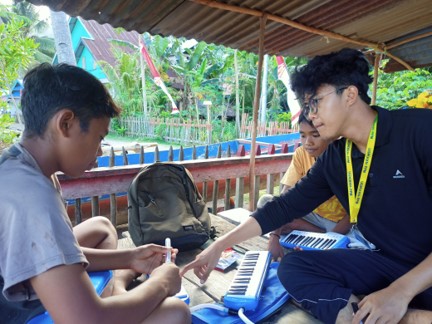Yogyakarta, 19-21 Mei 2025 —Indonesia is widely recognized as an archipelagic country. According to the Geospatial Information Agency, by 2024, the number of islands in Indonesia had reached 17,360, varying in size, location, socio-cultural systems, and natural as well as human resource potential. As territorial units, these islands are both separated and united by the sea—whose area is even larger than the landmass itself. This fact illustrates that the tendency toward fragmentation may be stronger than that of unity. As a unitary state, Indonesia exists within a constant tension between sameness and diversity, unity and potential disintegration. Therefore, the state must pay serious attention to its islands. It is for this reason that the national motto, Bhinneka Tunggal Ika (Unity in Diversity), continues to be emphasized by the government through various educational institutions and civic doctrinal efforts.

In response to the urgent need to address Indonesia’s existence as an archipelagic state with complex island-related issues, the Doctoral Program in Humanities at the Faculty of Cultural Sciences, Universitas Gadjah Mada, opened the year 2025 with an international lecture series. The program invited three internationally recognized scholars in island studies to teach and deliver lectures as part of a comprehensive event entitled Critical Island Studies Summer School, themed “The Land, The Sea, and The State.” The invited scholars included Maria Luisa Torres Reyes, a full professor and Scholar-in-Residence at the University of Santo Tomas, Manila; Alex Taek-Gwang Lee, professor of philosophy and cultural studies and founding director of the Centre for Technology in Humanities at Kyung Hee University, South Korea; and Faruk, professor at the Faculty of Cultural Sciences, UGM, specializing in literary sociology with a focus on cultural and island studies. The event took place from May 19 to 21, 2025, in Room 709, Soegondo Building, Faculty of Cultural Sciences, UGM.
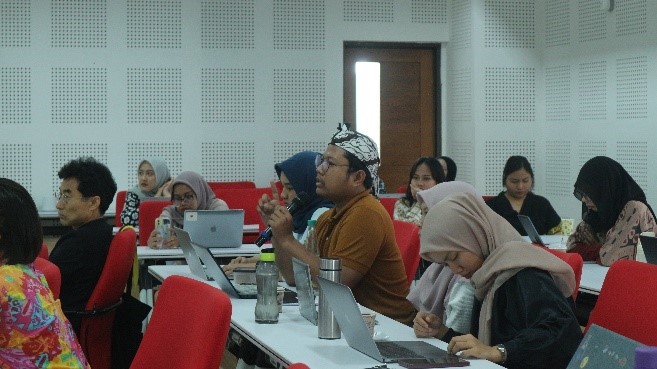
On the first day, the program commenced with an introductory presentation on Critical Island Studies (CIS) by Prof. Maria Luisa Torres Reyes and Prof. Alex Taek-Gwang Lee. Prof. Reyes—affectionately called “Bu Lulu” during her stay in Indonesia—explained that Critical Island Studies was established in 2019 at the University of Santo Tomas, Philippines. Its core focus is to observe and critique island-related studies, particularly in the Asian region.
On the second and third days, the program continued with lecture sessions from four keynote speakers. On Day 2, Prof. Reyes presented a lecture titled “The Sama Bajau: The Nomadic Space/Place Between ‘Laut’ and ‘Pulo’,” followed by Prof. Faruk’s presentation entitled “The Sea, Nomad, and Capitalist.” On the final day, Prof. Toshiya presented an abstract titled “What is the Speculative and Archipelagic Turn in the Recent Tonality of Human Sciences?” which was then followed by the final lecture delivered by Prof. Alex titled “Artificial Intelligence and the Ecological Catastrophe.”
Guided by a moderator, the event did not merely consist of lectures but also featured engaging discussions with the participants. The entire Critical Island Studies (CIS) Summer School concluded with closing remarks by Prof. Dr. Wening Udasmoro, S.S., M.Hum., DEA, Vice Rector for Education and Teaching at Universitas Gadjah Mada.
[Doctoral Program in Humanities]

